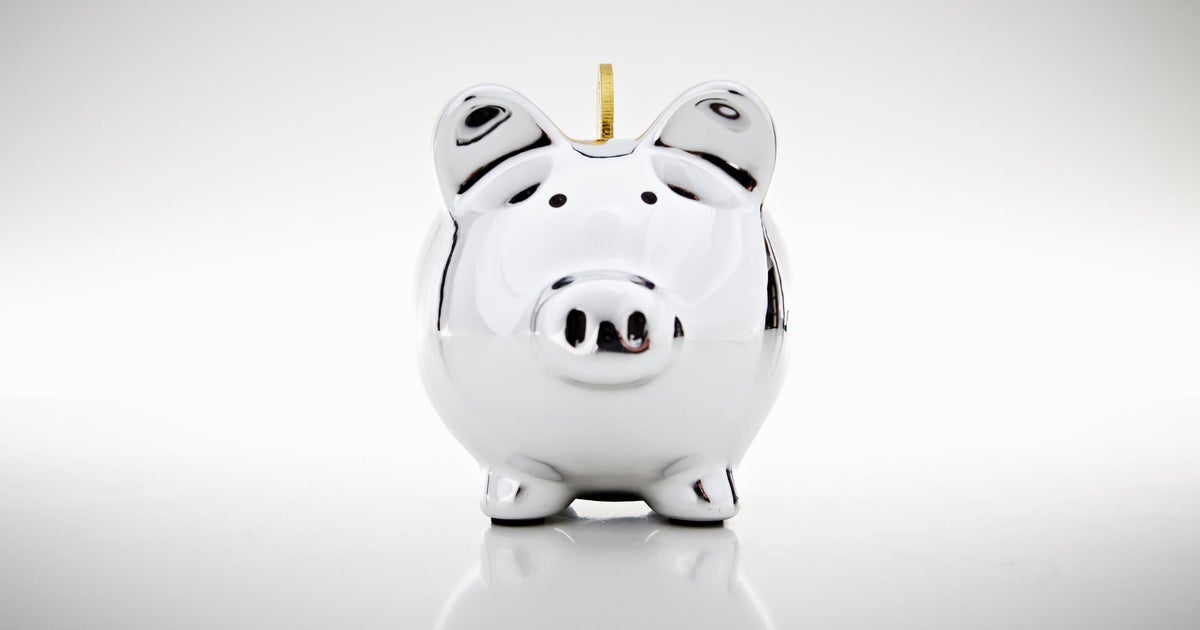Housing shortage fuels rising cost of homes in America
Back in 1971 when "All in the Family" debuted on CBS, no one questioned how a dock worker named Archie Bunker could afford a home on a charming block in Queens, New York. Back then, Archie's home was worth about $35,000.
Today, it is valued at more than $800,000. Even after correcting for inflation, that's more than triple what Archie would have paid for it.
And sure enough, when "CBS This Morning" visited last winter, there were not many Archie Bunkers buying into the neighborhood. You're more likely to find doctors, nurses and engineers.
Not even COVID-19 could change that. The pandemic has inspired many buyers to look for larger, more comfortable homes.
The median price of a townhouse, home or condo soared above $300,000 for the first time over the summer. The average property is selling in just 22 days, faster than ever.
That new demand has run into an old problem. Since 1960, home prices across the country have risen more than four times faster than income, and many experts say the cause is frustratingly simple: America has a housing shortage. Some 400,000 fewer homes came up for sale this summer, compared to last, according to data from the National Association of Realtors and the U.S. Census Bureau.
More than a decade after the crash of 2008, developers are still cautious about new construction. And when they do try to build, they can sometimes be blocked by people who already live nearby.
People like Judy Neville, who told "CBS This Morning" co-host Tony Dokoupil the plan to redevelop a lot near her home would hurt the neighborhood.
"For one thing, the schools would be terribly overcrowded," Neville said.
She lives just outside of Boston, in Newton, Massachusetts. "It's a desirable place to live," she said.
When Dokoupil visited last winter, voters there were deciding whether to approve a plan to add more than 800 new apartments — a plan thousands of people like her opposed.
"We would have absolute gridlock," Neville said. "We would have concerns — parking concerns for all the neighbors that are currently here."
Neville told CBS News she's not saying: "Not in my backyard."
"We're saying, 'Definitely in our backyard. Just don't make it as big as you want to make it,'" she said.
But when there aren't enough affordable homes, prices rise, forcing families to the top of their budgets — if they can afford to buy at all.
To make matters worse, in many cities all across the U.S., families looking to buy their first homes are competing not only with other families but with a record number of investors.
In 2018, nearly a quarter of all the homes sold in the Philadelphia area sold not to people looking for a place to live but a place to profit. One reason for that is because the rent is high, said Ashley Lauren Farnschlader, a realtor in the city.
"A lot of the homes that you see now weren't here or didn't look like this. They've been renovated," she said.
Investors have snatched up properties, becoming landlords in some of the city's rapidly gentrifying neighborhoods, Farnschlader said.
"I actually had a listing in Fishtown not too long ago. First day on the market, a cash investor snapped it up for an Airbnb. Nobody even had a shot at it, really," she said. "It was a great house, and it was a really competitive price. It was in the mid-$400,000s, so it would've been attractive to a first-time homebuyer."
Back in Newton, Neville at least acknowledged America's need for more housing.
"That's an issue that we're going to need to work on," she said.
In the end, Neville lost her fight in Newton. Voters allowed that project to move forward, and the Boston Globe says it could be a bellwether for other projects across the country.



